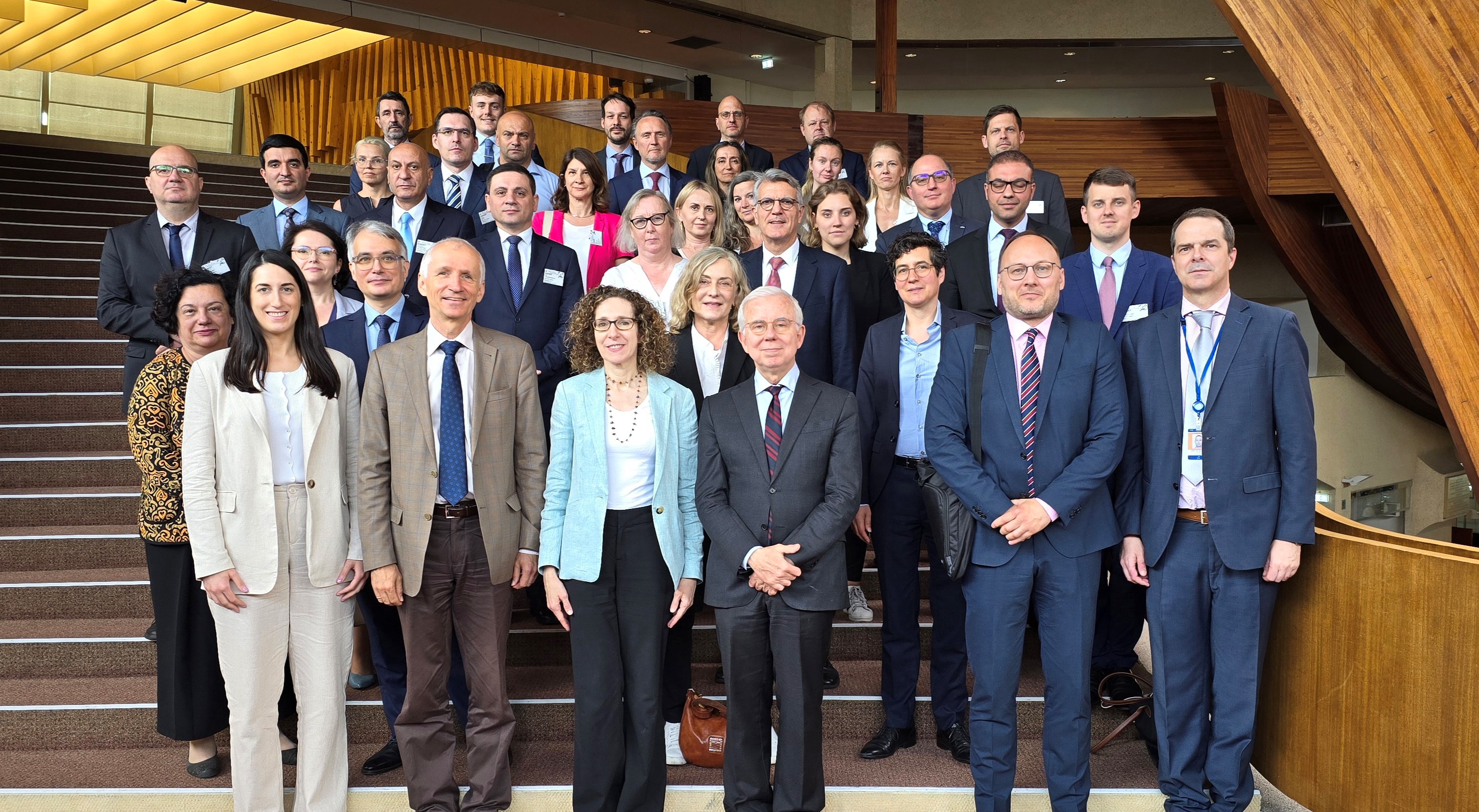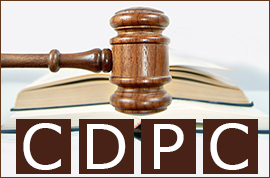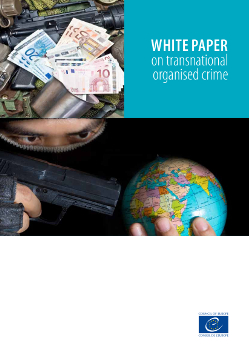From 17 to 19 June 2024, the European Committee on Crime Problems (CDPC) convened its 85th Plenary meeting in Strasbourg, under the Chairmanship of Mr Fritz Zeder (Austria).
During the meeting the CDPC welcomed the significant advancements made by the Council for Penological Co-operation (PC-CP) in various initiatives, such as, among others, the drafting of a Recommendation regarding the promotion of mental health and the management of mental disorders of prisoners and probationers, as well as the updating of Recommendation (89)12 on education in prison. These initiatives aim to enhance the well-being and rehabilitation prospects of incarcerated individuals. Prison overcrowding continues to be an acute and persistent problem in a significant number of European prison administrations, according to the. The latest Council of Europe’s Annual Penal Statistics on Prison Populations (SPACE I) for 2023 were also mentioned -according to which prison overcrowding continues to be a persistent problem in Europe. Preparations of the Conference of Directors of Prison and Probation Services were also discussed.
Furthermore, the CDPC discussed and endorsed the opinion of the Committee of Experts on the Operation of European Conventions on Co-operation in Criminal Matters (PC-OC) regarding the possible accession of the Kingdom of Thailand to the European Convention on Mutual Assistance in Criminal Matters. This move signifies the expansion of cooperative legal frameworks beyond Europe, reflecting the Convention’s growing influence. The PC-OC informed about the preparation of its opinion on the request from Kazazhstan to be invited to accede to the European Convention on Mutual Assistance in Criminal Matters. The CDPC also noted and welcomed the PC-OC’s progress on a Third Additional Protocol to this Convention, which aims to bolster mutual legal assistance among member states. Following the decision of the Committee of Ministers to invite the Republic of Chile to accede to the European Convention on Extradition, the PC-OC welcomed the efforts put in place by Chile to ensure a speedy accession process.
The Committee also discussed and welcomed the progress made in the work of the Committee of experts on the protection of the environment through Criminal Law (PC-ENV), notably the completion of the draft of the Convention on the Protection of the Environment through Criminal Law. This pivotal convention seeks to address environmental crimes more robustly across Europe.
In addition, the CDPC reviewed ongoing activities in various areas, including the countering of Smuggling of Migrants and Artificial Intelligence and Criminal Law. Discussions also covered advancements in Combating technology-facilitated violence against women and girls, Child Friendly Justice, Artificial Intelligence, Asset recovery, Hate crime, Terrorism, Restorative Justice and the Council of Europe Conventions on Offences relating to Cultural Property, Medicrime and Trafficking in human organs.
The meeting underscored the CDPC’s commitment to fostering robust legal frameworks and cooperative mechanisms that address contemporary challenges in criminal justice, enhancing both national and international efforts to uphold justice and human rights.





